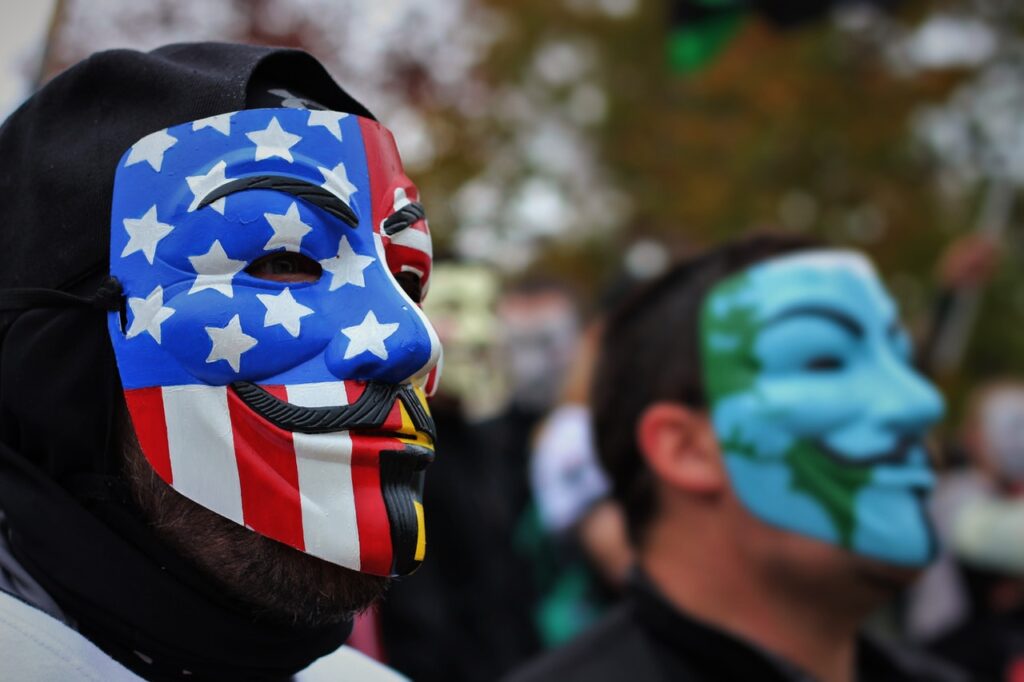Democracy is majoritarian and hence authoritarian that can yield results contrary to racial equality through the anonymity of the ballot box. Many people hold views that are considered racist, reflecting the inherent paradox. Therefore, it is no wonder that anti-discrimination activism and much of its positive gains in the forms of civil rights legislation and the abolishment of apartheid have come from far beyond the representative democratic process.
Democracy does not assure racial equality. Most western societies uphold dominating democratic ideals, such as freedom, fairness, and equality. However, much of the history is reflective of their racist institutions. Democracy by virtue of its institutions, leads to the perpetuation of racism. The interests of solid structures (White Americans) prohibit racial equality in a democratic system. Indeed, democracy does not respond to pressure if such reaches a critical mass value. Also, the democratic system is not immune to capturing racial oppressions.
Acknowledging the existence of racism in societies to maintain white privilege is equivalent to considering societies as being meritorious. The notion of racism unsettles western minds with cognitive dissonance. Different countries have certain ideals such as Canada: fairness, inclusion, equality, diversity; Australia: fair go; United States: freedom, liberty, the pursuit of happiness; United Kingdom: the rule of law, democracy, respect, tolerance (Better, 2008). Thus, people of privileged groups being unprepared to confront the unsettling fact, found it easier to blame the victims of inequality rather than admitting the reality of existing injustice.
Controlling and reforming racist institutions can indeed be challenging as it results from a long history of prejudice. Many people from communities of color experience unfair discrimination across several domains. It is understood that old practices do die hard. It gets more complicated when those practices become part of a culture that privileges majority groups and makes racial minorities suffer (Wilson, 2010). Most dominant institutions, including schools, businesses, local authorities, media organizations, congressional committees, and other agencies, stay highlighted by biased practices that produce racial inequities.
Racism in the U.S. context is underlying the white privilege that permeates the entire structure of American society. Several historical factors contribute to the perpetuation of racism in society. The socio-economic circumstances and political underrepresentation of minority groups are indicative of ongoing systemic and structural racial inequality and injustice. These are pointing towards the grounded racism, with race and ethnicity still being the determinants of one’s position in American society. It remains a heavily debated issue across public policy.
References
Betters, S. (2008). Institutional racism: A primer on theory and strategies for social change. Lanham: Rowman and Littlefield Publishers.
Wilson, W. J. (2010). Why both social structure and culture matter in a holistic analysis of inner-city poverty. Annals of the American Academy of Political and Social Science, 629(1), 200–219. doi: 10.1177/0002716209357403

